
Why study Russian? This is the most common question when you start any language. Why should you choose it or even try to learn it? Especially when you have to learn a new alphabet, six instead of four cases and all of them in plural with each different ending for each gender. Of course, you can say that Russia is a boom in terms of economy and became an important business location over the last years, but what if you’re not interested in money or business at all? Two years ago, I asked myself the same questions… As someone who took Russian courses, let me provide you with some interesting and fun facts, who changed my point of view and may will do the same to yours.
When people here ‘the cold war’, they are instantly thinking of the issues between Russia and the United States. But that’s long over! Actually, these two share more than in terms of their language than you think. Over 10 % of Russian words bear resemblance to the English language. For instance: проблема (“problema”) means ‘problem’ and такси (“taksi”) is ‘taxi’.
The first time you see the Russian letters, you might get a bit shocked. 33 letters who split up into 21 consonants, 10 vowels and 2 letters (which are without sound). But when you look closer you will recognize, that is easier than it looks like. In the Cyrillic alphabet are view letters similar or even the same to the Latin one. Ones you’ve learned it, you just have to practice it by reading signs or descriptions in the public. For more information, follow this link https://lidenz.ru/learning-russian-alphabet/
Just in case you didn’t know it yet, Russian is an official language of space, which means if you’re planning to explore the cosmos, you should start to improve your Russian. However, you need not to fly 410 kilometres high just to use this language. Over 230 million people are able to speak Russian, which proves the fact that is the 5th most spoken language of the world. And the fact that is not only spoke in just Russia, but also in Georgia, Latvia, Ukraine and Moldova.
In Russian, the right pronunciation is everything. You have to know exactly when to stress a letter or not. The difference could be crucial! For example: я плачу means ‘I’m paying’ – the stress here is on the second syllable. BUT, я плáчу – stress is on the first syllable – means ‘I’m crying’. Could be both when the bill for your dinner is too high.
When you start learning Russian, you have to know that there is animacy in nouns. The animate nouns are considered to be more alive than inanimate ones. This means, that a dead man (мертвец) is more alive than a corpse (труп), because the corpse is inanimated and the dead man animated.
You see, the learning Russian could be useful and fun at the once. Of course, at the end it comes all up to you, how much time and effort you invest, but this blog might give you push in the right direction. Do you know any other fun facts about Russian? Write your comment below.
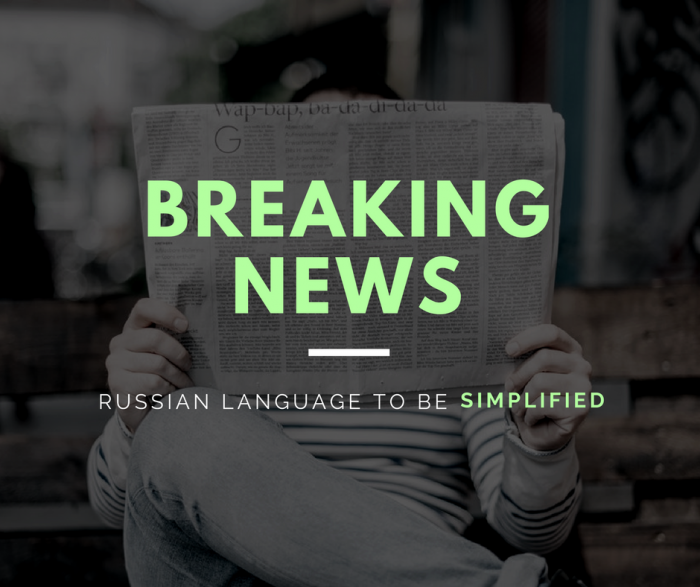
Students will be happy to learn that the Russian Government has today announced plans to make Russian language easier in an effort to simplify greater international engagement. …

In a previous post, we revealed that Russians don't really say “na zdarovje” when they toast. While the phrase has been popularised in English language media – and a lot of Russians will nod politely and clink glasses with you if you use it – it’s not something a native speaker would ever…
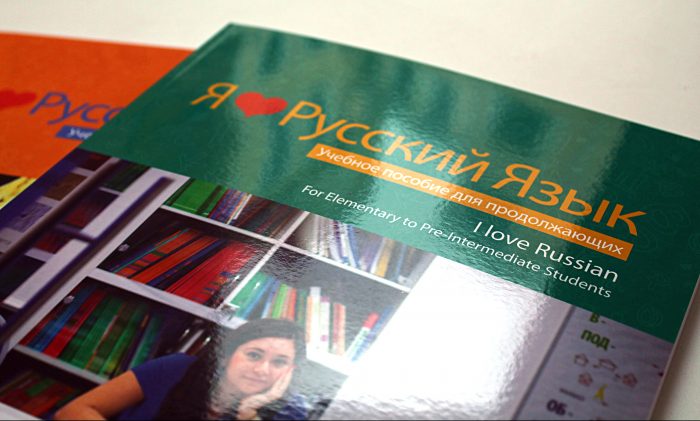
Improve your Russian while working as an expat? Mission possible! …
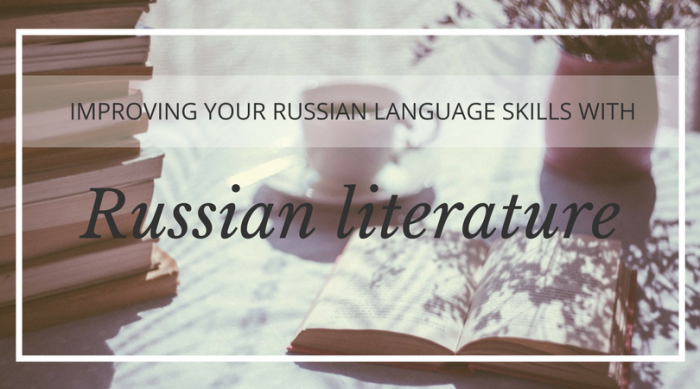
What could be a better way for Russian immersion than reading, especially when you read the books that you find interesting and that can give you a better idea of the culture of Russia? Co-founder of Liden & Denz, Walter Denz shares his experience on how reading Russian literature can improve your…
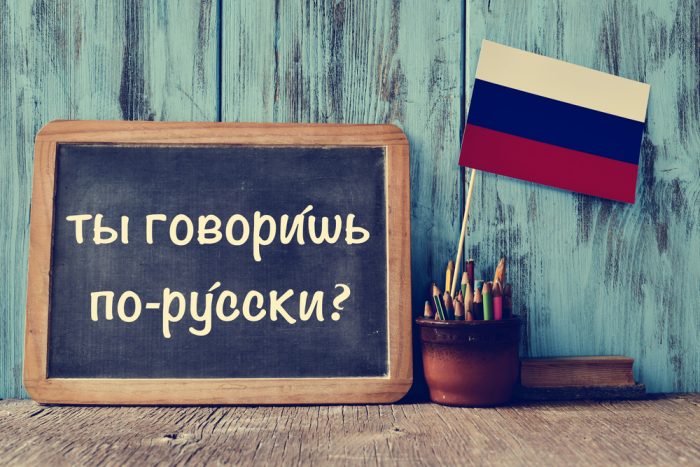
Learning a language is hard. Keeping it when you don't have classes is even harder. So this article is not about how to learn Russian, but how to maintain your Russian. …

Learning the Russian language can be a long, hard slog. Days, weeks, months spent poring over textbooks, attempting to understand the cases, crying over aspects, endeavouring to pronounce ы and щ. …

Many language learners desire to communicate well with native speakers of the language or those who speak it. I have always dreamt of talking more fluently and texting through social media with my Russian friends better. It is no exaggeration to say that good communication skill gives you an…
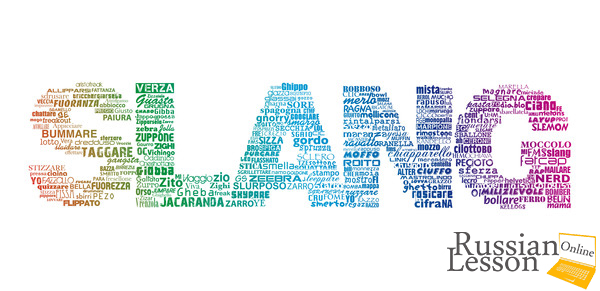
If you are already able to speak Russian, then congratulations! You are on a good way. But even if you are, let’s say, on level B2, you have probably been in situations with Russians, especially younger people, where you did not understand everything they said — either because they were speaking…